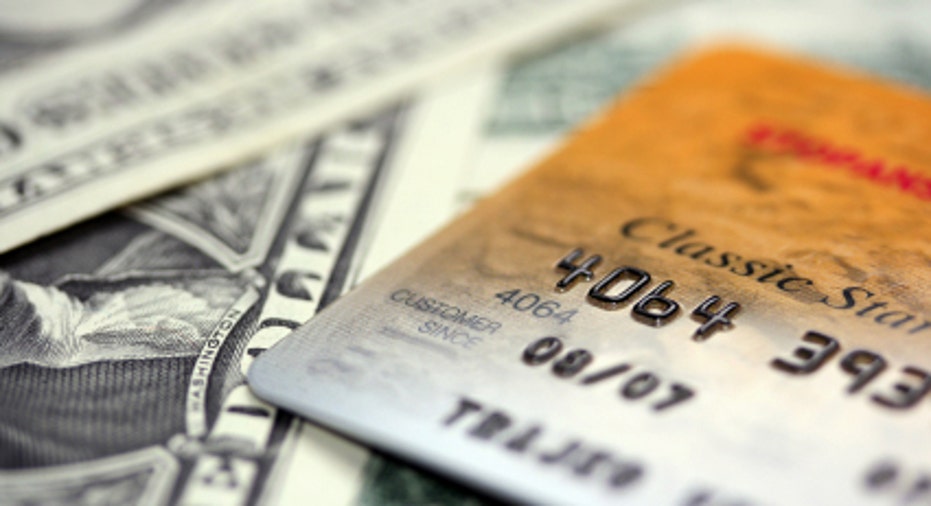Keeping a Card Balance to Boost Credit Score is Dumb Advice

Dear To Her Credit,
I have five cards that I would like to pay down to $0 balances with my bonus on January 2. I have heard that I am better off keeping a small balance on each card for credit reasons. Can you please advise me?
- Cheri
Dear Cheri,
I hear this myth all the time -- that carrying a balance on your credit card somehow helps you build a credit score. It's not true. Keeping a balance on your credit card account does nothing for your credit score. In fact, paying less than your balance in full every month is almost always a bad idea -- for your credit score and your total financial picture.
It doesn't help that some personal finance gurus spread confusing information about how credit scores work. One well-known expert says that you can't build a credit score without going into debt, and that when you don't owe any money, you don't have a credit score. He also says that when you close a credit account, you lose the credit history for that account. Wrong, wrong, wrong. I'll show you why.
It's no mystery how a credit score is generated. The folks at FICO provide a pie chart that shows exactly what makes up your score and how. Here's what really affects your credit score:
Payment history. Do you pay your bills on time, every time? You'll ace the biggest factor in your credit score, which comprises 35 percent of your FICO score. Paying the minimum or the entire balance makes no difference to this part of your score as long as you pay on time.
How much you owe. Less is better. If you've heard a personal finance expert say otherwise, he's mistaken. You can have a great score even with a balance, but you can also have a fabulous one with no balance at all.
The key here is the percentage of your available credit you use. If your total available credit is $2,000 and you owe $1,000 on the day your bank reports to the credit bureau, you're using 50 percent of your credit. On the other hand, if you have $10,000 of available credit and you owe $1,000, you're only using 10 percent of your available credit. How much you owe comprises 30 percent of your credit score.
You may have heard that lenders assume you owe your total available credit because you can spend it at any time. Not true. As you can see, an unused higher credit limit actually raises your credit score. Keeping your card balances under 30 percent of your total available credit is good, but not carrying any balance is better.
Length of credit history. You not only need to show that you can handle credit, but you must show you can handle it over a period of time. How long you've been managing credit comprises 15 percent of your credit score. Keeping long-standing accounts will help you with this score. Use these accounts occasionally to keep them active. Carrying a balance has nothing to do with this part of your score.
When you close an account, your history for that account stays on your credit report for up to 10 years. If that were not true, you could just close an account on which you had fallen behind and erase those past-due payments!
Credit mix. Repaying a variety of debts helps show you can handle all types of credit, and accounts for 10 percent of your credit score. For example, paying an installment loan on a car can help your score if all your other accounts are credit cards. However, carrying a balance on a credit card doesn't change it into an installment loan or do anything to help this part of your score, either.
New credit. Applying for new credit can ding your score temporarily. It's not usually significant, and it has nothing to do with carrying a balance. New credit accounts for 10 percent of a credit score.
The biggest reason you shouldn't carry a credit card balance from month to month has little to do with your immediate credit score. You should pay your balances off to avoid paying interest charges on your purchases. Interest expenses on credit cards can be a minor waste of money if you only carry a small balance occasionally. However, when people allow a balance to accumulate and start paying more and more interest expense every month, the total effect can be a catastrophe.
Congratulations on your bonus and this opportunity to pay off your credit cards in the new year! Pay off your consumer debts and keep them paid off, and may this be your best financial year yet.
See related: 9 debt myths debunked, The truth about 7 common credit report myths



















